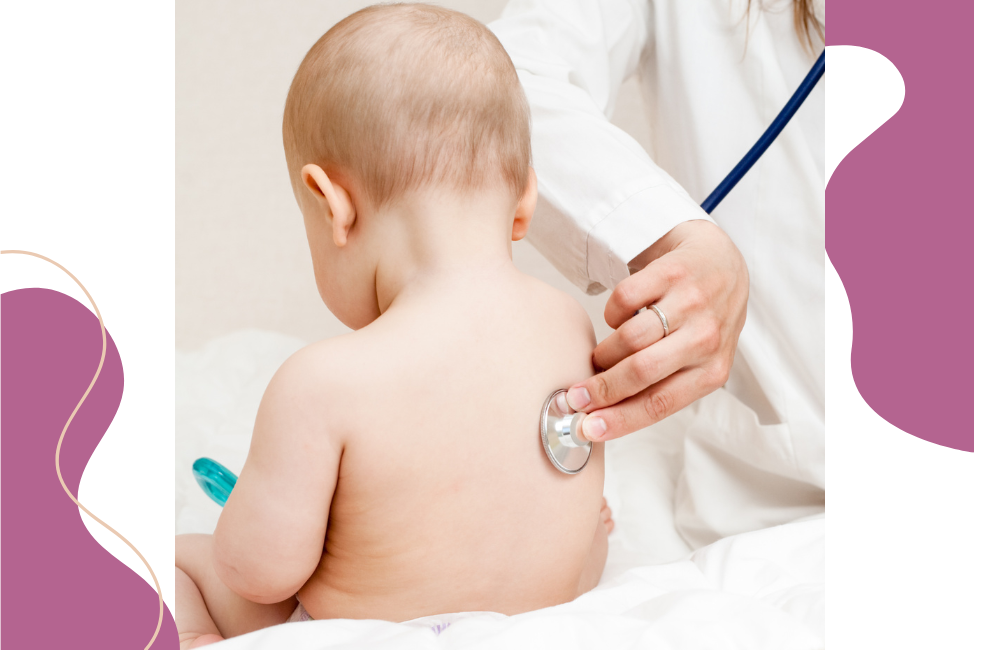Summary
- The FDA doesn’t recommend using over-the-counter cough syrup in children younger than 2 years old.
- There are cough products marketed over the counter for babies as young as a few months old, but there aren’t studies showing how well they work.
- If you baby has a cough, it’s important to consult their pediatrician to find out what the cause is and how you can treat it.

A cough in babies could mean many things, from a viral infection to gastroesophageal reflux disease (GERD). A visit to your pediatrician is warranted if you notice your baby coughing. They can help you figure out the cause, and recommend appropriate treatment options.
Unlike adults, a trip down the cough and cold section at your local pharmacy won’t have many options available. This is because there aren’t as many cough medicines that are safe to use in babies. The Food and Drug Administration (FDA) doesn’t recommend using any cough medicines in children below age 2, and many manufacturers restrict use to children 4 years and older. Additionally, the FDA doesn’t recommend using homeopathic products in children under 4 years old.
You may see many “natural cough syrup” products over the counter. Many of these contain honey, which is not safe for children under 1 years old. Before using any cough remedy, it is best to check with your child’s pediatrician first.
What cough syrup is safe for babies?
Some over-the-counter cough medicines are marketed as safe for use in babies as young as 4 months and older. While there haven’t been clinical trials to prove their effectiveness, most contain benign ingredients – such as agave syrup. These products should not contain any honey. It’s unclear how much benefit these products will provide.
Never give cough medicine that is meant for older children or adults, since this can cause serious side effects in your baby.
What else can I do if my baby has a cough?
Experts recommend running a cool mist humidifier in your baby’s room. You can also find saline drops for newborns and saline spray for older babies over the counter if they are experiencing a stuffy nose, too. Make sure to offer plenty of liquids (breast milk or formula).
If your child’s cough is getting worse, they seem to have difficulty breathing, or if they develop a fever or other worrisome symptoms, seek medical attention promptly. As a reminder, the information in this article is for educational purposes only and is not medical advice.
References
US Food and Drug Administration. 2024. Should You Give Kids Medicine for Coughs and Colds? Accessed 11/03/24 at https://www.fda.gov/consumers/consumer-updates/should-you-give-kids-medicine-coughs-and-colds

